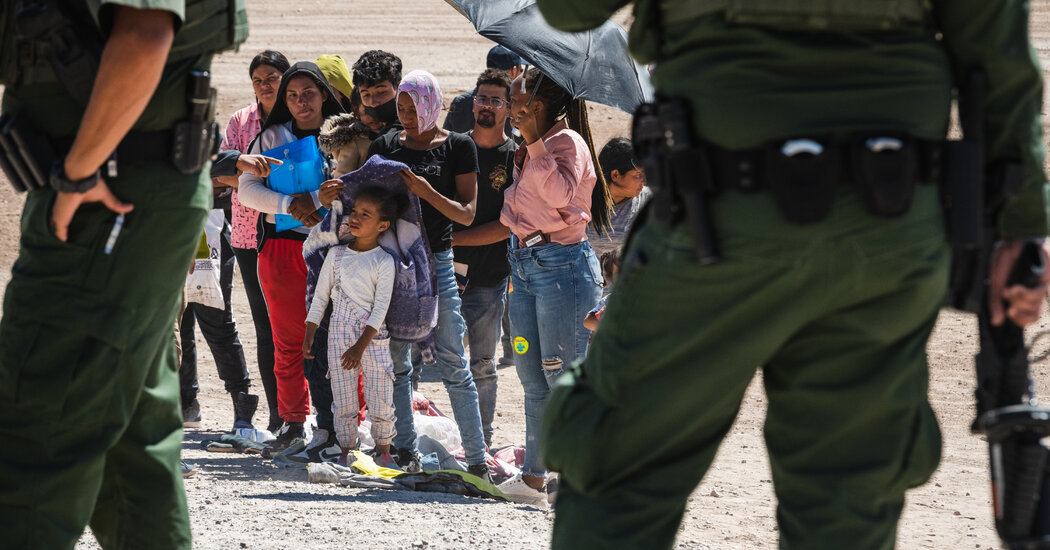A court-ordered system for protecting the health of children detained at the southern border, put in place two years ago after several children died incustody, is set to expire nine days after Donald J. Trump takes office with plans to intensify the deportation of migrants.
The system, part of a July 2022 legal settlement between the government and lawyers representing migrant children in custody, set detailed protocols for detaining minors at Customs and Border Protection facilities in the Rio Grande Valley and El Paso sectors. It required agents to provide them with access to emergency care and basic hygiene items — showers, toothbrushes and blankets for sleeping, for example. It forbade agents to separate children from their parents for extended periods of time.
At the center of the reform was a new position: an independent pediatrician who was assigned to visit the facilities and work with staff members to improve them. That monitor role is set to phase out even sooner than the overall agreement, on Dec. 27.
Despite notable improvements, reports from the pediatrician — the so-called juvenile care monitor — showed that the conditions still sometimes fell short. Now, medical experts worry that, with the settlement expiring and the monitoring role set to disappear, conditions could worsen under an administration far less friendly to immigrants.
“This is not a bureaucratic shift — this should be everyone’s concern,” said Marsha Griffin, a pediatrician practicing on the southwest border who has visited the facilities. “This is a law enforcement agency with a law enforcement mentality, tasked with running a trauma-informed day care center. You just feel like screaming. Someone needs to watch them.”
A spokeswoman for Customs and Border Protection said that the agency had undertaken “extensive measures” in the past two years to “significantly expand and enhance its support efforts” for all people in custody — and particularly for children. She said the agency developed trauma-informed behavioral health training for employees, for example, and worked to better integrate pediatricians into the medical care process for minors in custody. It also issued a formal policy to define when agents could separate children from their parents.

